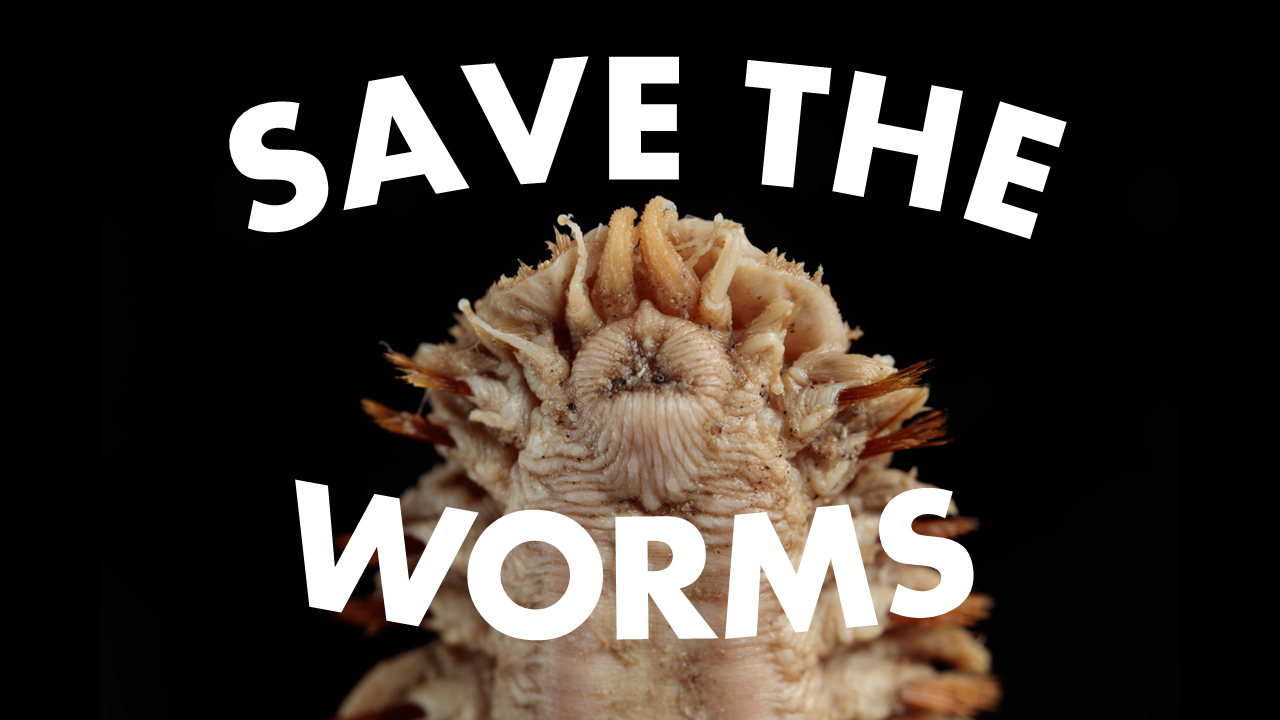For this year’s Advent Calendar, we’ve decided to theme ourselves around climate change and conservation. For my first blog entry, I’ve decided to write more of a background about the general need for marine biodiversity conservation, and some opinions on who should care, and why. I will then zone in on the underrepresented heroes who are oft overlooked – less charismatic species whose numbers we don’t even keep a good record of.
So, let’s start with an example of why we need conservation. The black-headed gull is a bird native to the southern Norwegian coast, and is today “critically threatened” according to Artsdatabanken. In May 2022 at Geitholmen nature preserve in the Oslofjord, a local man destroyed around 1200 eggs from 411 nests of this critically threatened bird, representing around 10% of its Norwegian population. Despite the devastating consequences, the man only received a 30 000 NOK fine.
Human activities can and do have massive negative impacts on marine ecosystems. Modern research tells us that the highest concentration of negative impacts occurs where humans have the highest activity – off the coastlines of industrialised nations – the North sea, eastern America, between Japan and China. Realistically, however, we have just begun to scratch the surface. In less explored coastal areas and pelagic regions, who knows how far the negative impacts of our actions have stretched?
Which brings me to the need for sustainable development and conservation. To ensure a future for the betterment of human beings and the environments we explore and exploit, we need global cooperative efforts, from both governmental bodies and NGO’s, to halt and reverse the damage to Marine ecosystems.
Why though?
There is a myriad of reasons why we should promote conservation. There are personal, social, economic and global benefits. A lot of people feel an ethical pull towards conservation, feeling that as humans are responsible for so much damage to marine ecosystems, we have an intrinsic responsibility to fix and protect them too. Others recognise the mutualistic relationship between humanity and the ocean – without flourishing ecosystems, the multitude of resources we depend on will be depleted, from fish we eat, to tourism in beautiful areas, to medicinal applications of marine resources.
Who has this responsibility?
Well, we all do. Everyone from eco-hippies to NYC tycoons should and do have compelling reasons to be invested in conservation. The ocean economy is one of the fastest growing sectors according to the OECD, with projected growth being faster than the rest of the global economy in the 2010 to 2030 period. Ocean tourism is dependent on biodiversity – what’s a great barrier reef snorkeling trip with a dead reef, or a whale watching trip with no whales? And the seafood industry is one of the top 3 most valuable sectors within the ocean economy – without a flourishing ecosystem with all trophic levels intact, seafood resources in the ocean will be depleted.
Virdin et al The Ocean 100: Transnational corporations in the ocean economy
After we’ve established that conservation is necessary no matter what your interests are, we then need to look into how we allocate our resources. Whilst the need for conservation is becoming more widely acknowledged, and more resources are being devoted to conservation efforts, resources including manpower, time, and money are still limited, and must be used wisely to ensure maximum impact.
There is no single correct answer as to how best to allocate resources. Let’s run through a few hypotheticals. If we choose to devote all of our resources to saving whales, the massive marine mammals at the top of ecosystem pyramids, then perhaps we can halt or reverse declining numbers of these interesting, important charismatic species. However, if we over focus, then the habitats that sustain the charismatic macrofauna could be depleted, making our efforts a lost cause. Alternatively, if we hyper focus our efforts onto the ecosystem broadly, we can neglect key species that maintain health in the entire ecosystem.
Additionally, when trying to decide what to conserve, there is a need for comprehensive biodiversity research.
Chen, Often Overlooked: Understanding and Meeting the Current Challenges of Marine Invertebrate Conservation
Without knowing what is in the water, we have no way of knowing potential applications for the betterment of humanity, nor do we know what is needed for their conservation. Humans have found all kinds of weird and wonderful resources in marine ecosystems, from the alginate in algae to the blood of horseshoe crabs. Despite this, Chen outlines in “Often Overlooked: Understanding and Meeting the Current Challenges of Marine Invertebrate Conservation”, that despite making up 92% of marine life, marine invertebrates are underrepresented in IUCN lists, and are at great risk of going extinct due to human impacts and climate change before they’ve even been discovered.
Chen, Often Overlooked: Understanding and Meeting the Current Challenges of Marine Invertebrate Conservation
Notice how despite the overwhelming majority of marine animal biodiversity being invertebrates, the number of invertebrate species represented is about a quarter of that of vertebrates, and of these approximately 3000 species, almost 35% are data deficient.
Ultimately, the human impacts on marine ecosystems are far from negligible, and while we all can agree that we should save the whales, there’s a need for comprehensive biodiversity research in the name of saving the little guys too.
As scientists and researchers who study these habitats and species in detail, we have an ability to inform and influence their fate, and I think it’s worth all of us considering what we can do with that ability and how best to apply it where we can in the name of conservation, for big and small.
![]()

3 Comments on “Door 6: Biodiversity, Conservation, and Sticking Up For The Little Guy”